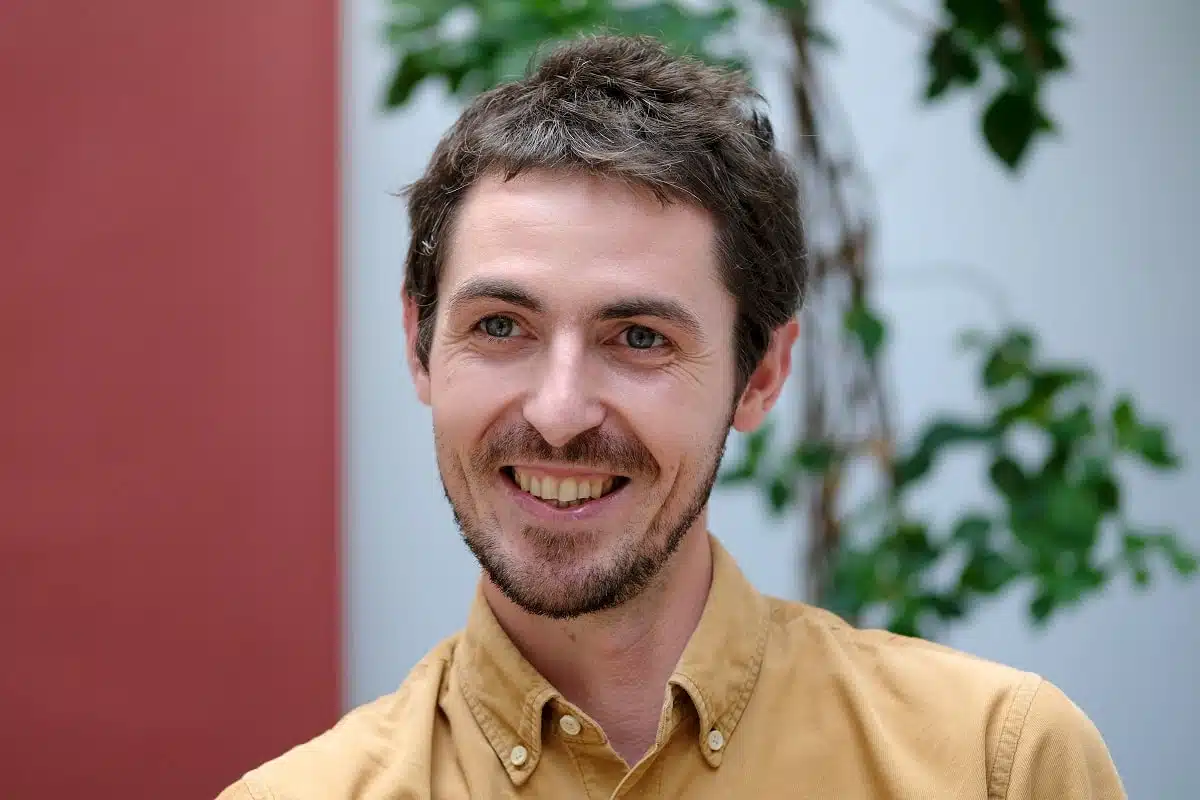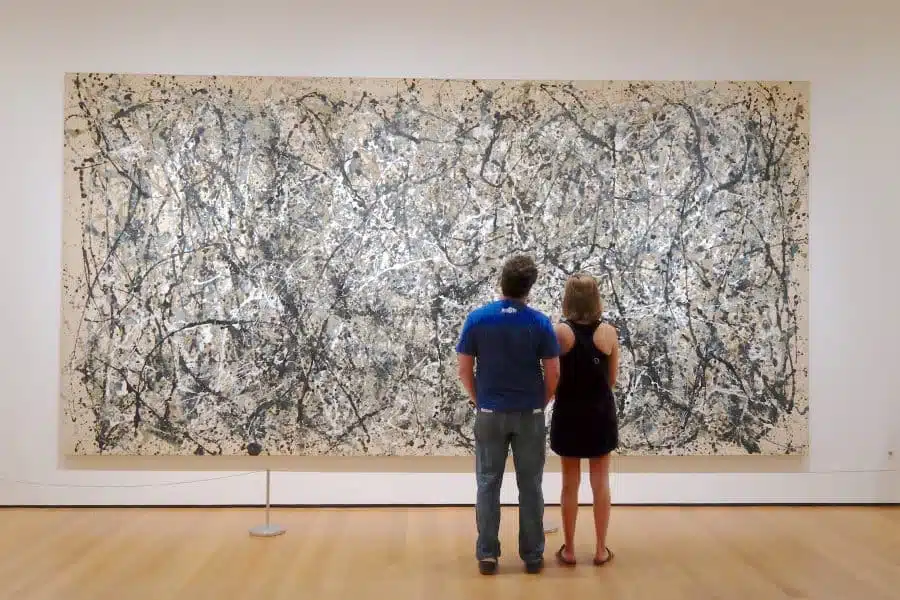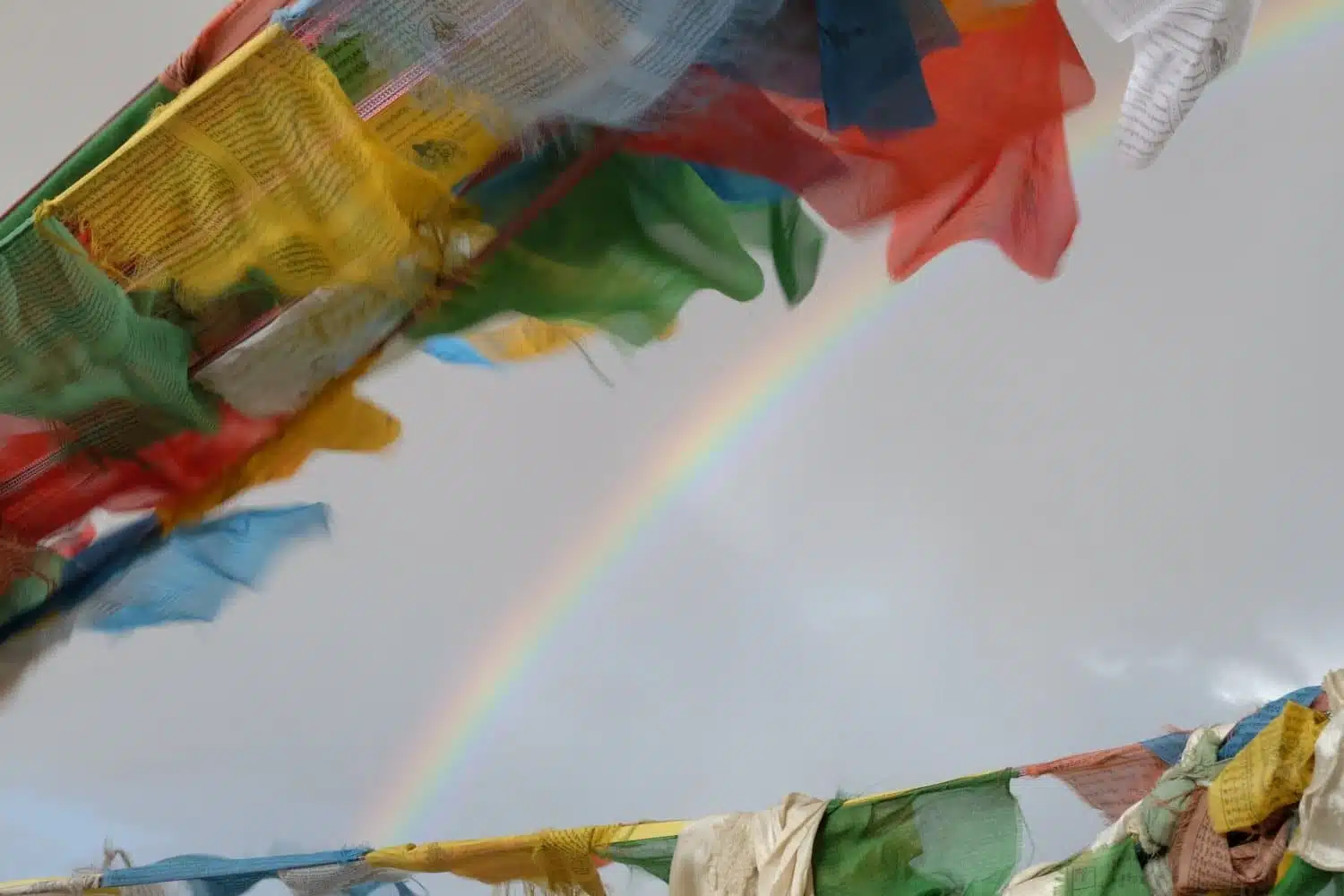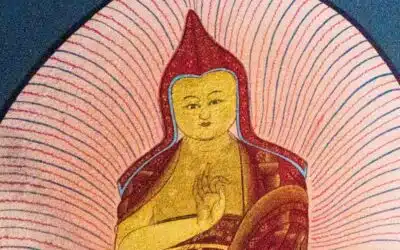The Great Love

Written By Grégoire Langouet
Blog | Daily Life Testimonials | Reflections on life
Starting the “life together” series, Grégoire confronts the societal illusion that drives us for better or worse: love, the “Great Love”.
« The great love »
Love, the “Great Love”! That’s what I’m missing. If only it could happen to me, happiness would finally smile on me, my life would be almost perfect… That’s what we keep telling ourselves, but are we really sure?
When we talk about love, countless images come to mind. Each of us will have our own references, from Bollywood for the cinephiles, to Tristan and Isolde for the literary types; from the drunken love of Sufi mystics to the new forms of virtual love in Japan. So love, the true love, continues to inspire dreams.
In our reflections on action, of course there is the climate, wars, and injustice. We want to act for these. But the highest action, the noblest of all, seems to be Love – acting out of love, for love. To love – our children, our parents, our partners, our friends, our lovers… – is perhaps the noblest act in human life. Through it, we accomplish the simplest, most natural thing of all. God is Love, we sometimes hear. But are we really clear about our intention, about the vision underlying this seemingly free and selfless outpouring of love?
Today, thanks to feminist movements and questions of gender and identity, the couple – a particular form of love that I will address here – is being questioned and even redefined, sometimes from the ground up. What does it mean to be a “man” or a “woman”? What is the relationship between them? What is the place of each?
If we look at the recent history of the couple in Europe, we see that our situation is not easy, because we are trying to integrate into a single relationship forms that were previously distinct. To simplify – leaving aside for the moment the aspect of friendly or spiritual companionship – on the one hand, I seek the stability of the family home in order to preserve and pass on my heritage and to educate my children; on the other hand, I have a desire for adventure, a passion for the unknown, a quest for ultimate happiness. Denis de Rougemont explores this story through European literature in his book Love in the Western World, which illustrates this very well.
“If the intention behind my loving relationship is this emotion of fear and this hope for happiness in this life, then I’m missing out on some of the fundamentals of these traditions.”
From a conservative point of view, all these questioning can be destabilizing. But if we accept the situation as it is, it is possible to perceive this redefinition of the couple as a very interesting area for experimentation. Experimentation about what this famous “love” is: how can it be shared and lived in community? What are its fundamental intentions and goals? In other words, to know more clearly why and how to love. For love can aim at happiness in this world, but also beyond this world.
If so many people are suffering in their relationships today, perhaps it is because to this lack of clarity at the root of actions taken in the name of love? Because I may be looking for different things in it, not always easily reconcilable, and not always identical to that of my partner: to be reassured, to feel like “being” because being loved, to experience adventure, to have a social position, children, money, to experience supreme union, and so on.
These two poles do not necessarily aim at the same thing, and do not have the same fundamental aspiration, but both often remain caught up in the single horizon of this life alone. “Family” love aims at reproduction or regeneration, that is at maintaining the lineage or survival of the species through a certain stability, and its horizon remains this worldly one – my life, that of my children and grandchildren. The other form of love, known as “passion”, is more concerned with sensual pleasures, enjoyment and happiness, the quest for adventure, but also in this world.
However, there is a completely different form of love, a third one, sometimes ethereal or platonic, which aims at something beyond this one life and worldly forms of love, whether familial or passionate – something much vaster…
The most ancient of philosophies, Plato for example, already saw in the love of beautiful bodies and then of beautiful souls, a way to ascend to the intelligible realm of Ideas, and thus of to achieve something beyond this life alone. In this case, love becomes a possible path beyond the cycle of birth and death. It aims at a certain absolute, a form of transcendence.
According to Buddhism and Dzogchen, a simple answer to the enigma of love is to say that it involves “karmic” relationships, linked to previous lives and actions. But trying to purify them with an inadequate means such as love in its mundane form, born of desire and attachment, will only keep us in the cycle of suffering. We cling to the other, perhaps out of fear of emptiness and death – to use the big words! – and this can only lead to more fear and deaths… Going round and round in the cycle of existences, chained by our desire-attachment to life itself, which we mistakenly take for true love.
If the intention behind my loving relationship is this emotion of fear and this hope for happiness in this life, then I’m missing out on some of the fundamentals of these traditions: namely, that every relationship in this life is impermanent and therefore doomed to end (no eternal marriage!); and that nothing in this world can lead to total and complete satisfaction – not even love and its joys. There will always be a little something that sticks, that doesn’t quite fit and that keeps things from running smoothly.
On the other hand, if we are clear about our intentions, about what such a relationship represents and what we can expect from it, then perhaps it will become that experimentation zone we talked about, a way to progress together on our life and spiritual path.
Let’s just say that it will first be necessary to clarify as much as possible what belongs to this world, the psychological realm, and what belongs to beyond this world, the truly spiritual – the ultimate goal, the liberation proposed by the great traditions of humanity such as Dzogchen and Buddhism. Without forgetting that they are only illusorily separated, this world and its beyond. But that’s a whole other story…
So, living in love as a couple can help me first of all from a psychological point of view; to see my tendencies, my areas of fragility, but also to develop some of my qualities. And if the relationship allows it, it is possible to train on a spiritual path, each for oneself, but together. It then becomes a privileged place to integrate teachings and practice; to bring all our experiences and accomplishments into our daily lives. We will be challenged, pushed out of our comfort zones, because the other person is a mirror for me, sometimes a magnifying glass, and this can help me observe what would have taken me much longer to observe on my own. I am pushed to my limits, nothing can be hidden anymore!
Of course, ultimately, all these stories, good or bad, are just a dream – an illusion that can continue indefinitely. But while we are still immersed in illusion, we might as well take every opportunity to wake up. And love and married life are, in my opinion, a privileged laboratory for moving forward and getting closer to the simple, empty and luminous nature of all that is – including love, the beloved and the lover. To begin with, look at our emotions, observe our reactions, question our intentions. Taking desire as a path can also be an advanced aspect of the Vajrayāna Buddhist path, recognizing its nature of emptiness-luminosity.
Once the empty, luminous nature of desire and love – beloved, lover, love and all their conditions – is realized, then, spontaneously, naturally, it is not only love but the Great Love that emanates and radiates in all directions, for all beings,. It’s also called universal compassion, unstoppable: the awakened activity of the bodhisattvas. There is no need to think about it. Its waves pour forth. The noble and vast intention of the ultimate awakening of all beings unfolds. Noble and Great Love is the radiance of the Sovereign manifestation of Reality. The little love has become the Great Love, of which the couple will have been one of the laboratories.
More Posts
Being Your Own Master
Relationship with a master requires discernment. “Being your own master” offers insights into understanding devotion and avoiding pitfalls.
Phenomena
"Phenomena" is the second entry in a new category designed to improve understanding of essential Dzogchen words and concepts.
The Story of the First Masters: Manjushrimitra
We continue the Stories of the First Dzogchen Masters with Manjushrimitra, who structured the verses of Dzogchen into three series.





